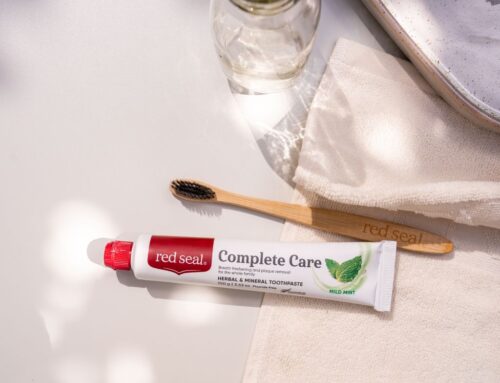Nutrition advice is full of fact and fiction. Sort out nutrition myths including cholesterol and eggs, sugar and diabetes and the truth about organic food.
It’s easy to be confused about what’s right for you and your diet when there’s so much information (and misinformation) about. Read on to find out what you’re really eating so you can make the right choices and stay healthy.
Myth: Light foods are always healthier
Fact: The word ‘light’ appears frequently in food advertising. In some cases, it means the food you’re eating is low in kilojoules or it may simply be referring to another property of the food. For example, light olive oil has the same fat and kilojoule content as regular olive oil ‘it’s just lighter in flavour and colour due to a different pressing process. And light potato crisps are often just a thinner cut than the regular kind. Always read the fine print following the asterisk to check the explanation for a light claim.
Myth: Eggs raise cholesterol levels
Fact: Despite having the highest quality protein of all food sources, eggs have received a wrongly deserved bad rap. In the past, it was mistakenly believed the cholesterol found naturally in egg yolks was the main cause of high blood cholesterol. We now know the culprit is saturated fat. Eggs have received a Heart Foundation Tick in recognition of recent scientific evidence that finds little association between eggs and lifestyle diseases, such as heart disease and stroke. For most people, up to six eggs a week is okay, as long as they’re poached or boiled, rather than fried.
Myth: Organic means a food is more nutritious
Fact: Although the term ‘organic’ actually refers to the way a food is grown and processed, many people choose organic products for their perceived health benefits. The scientific jury is still debating the nutritional superiority of organic over conventional, and studies have yet to provide conclusive results, aside from some studies showing a tendency for organically grown food to have slightly higher levels of vitamin C. So, while you may be helping the environment by choosing organic foods, always check the sugar and fat content on the labels because there may be no difference in kilojoule values per serve.
Myth: Gluten-free equals a flatter belly
Fact: In the past few years, more and more people have been trying out gluten-free products, such as breads and pastas, in the belief they’re less fattening and better for your health. What you might not realise is that you’re actually doing your health a disservice by cutting out nutritious wholegrains, such as wheat and oats, if it’s not necessary. Eating only gluten-free foods could leave your diet unbalanced and will not miraculously flatten your tummy. So, always consult a health professional for a diagnosis of coeliac disease or gluten intolerance before you abandon gluten for good.
Myth: Eating sugar causes type 2 diabetes
Fact: Type 2 (adult onset) diabetes is actually caused when the hormone insulin is unable to work effectively to transport sugar (or glucose) in the bloodstream. As there is a link between body weight and diabetes, prevention is largely based on eating well, which gives your body a better chance of breaking down insulin.
Myth: Fresh food trumps food in cans
Fact: While there isn’t a huge amount of data on the antioxidant activity in canned produce, current research may come as a surprise to some. Lycopene (the pigment in tomatoes, guava and watermelons that is responsible for their bright red colour) is an antioxidant that may help to reduce the risk for certain cancers and heart disease, as well as boost eye health. Research has shown that when we eat canned or cooked lycopene-rich foods, lycopene is able to be absorbed more easily into our bodies than when it is consumed as a fresh food.
Myth: Water is good, coffee is bad for health
Fact: Water is the best beverage for weight loss and health, but recent research has revealed caffeinated beverages, such as coffee, do not have the diuretic effect traditionally believed. Weight Watchers Good Health Guidelines promote all fluids (excluding alcohol) as part of your daily fluid target of six to eight glasses (1.5 litres).






Leave A Comment
You must be logged in to post a comment.